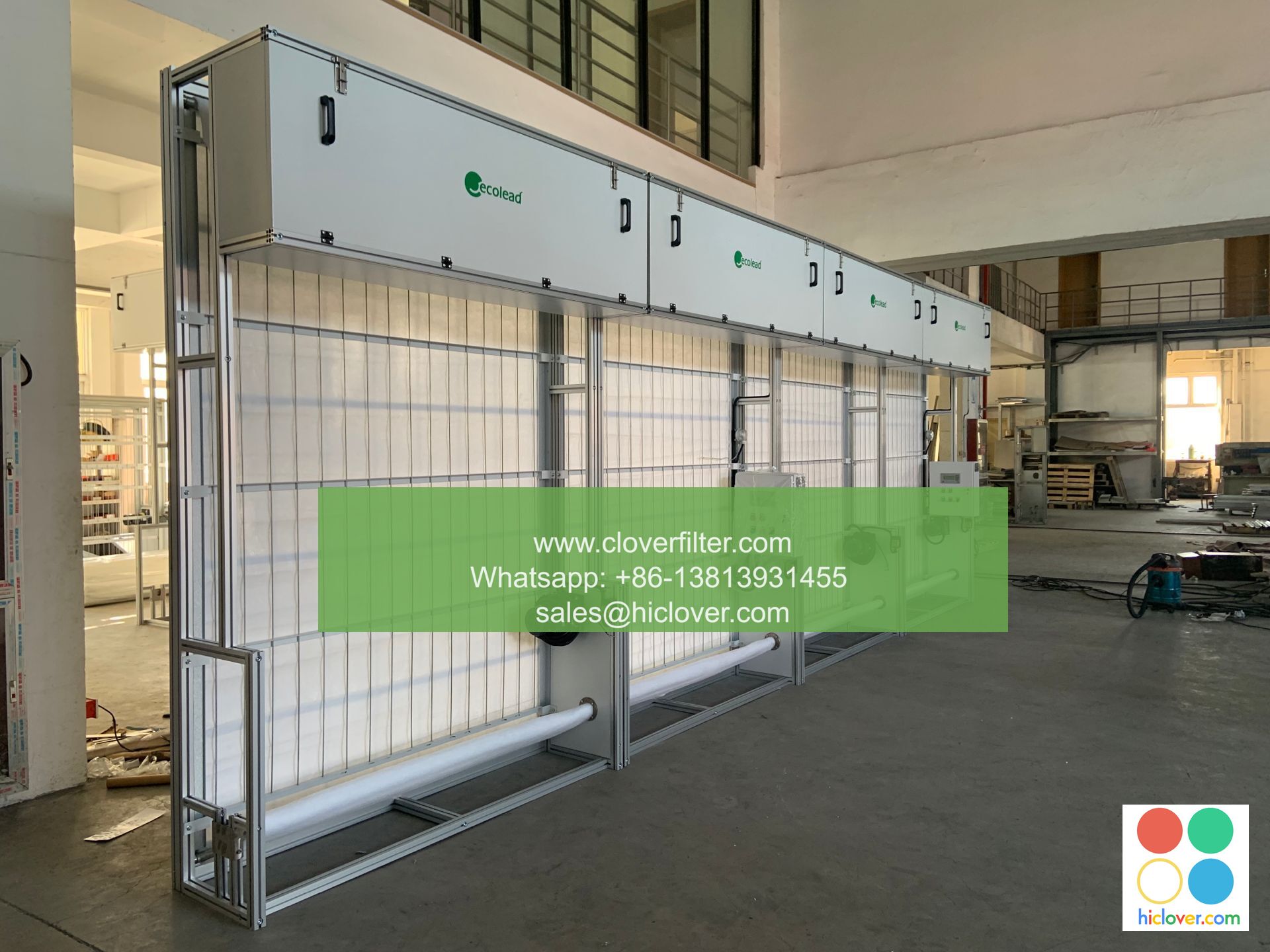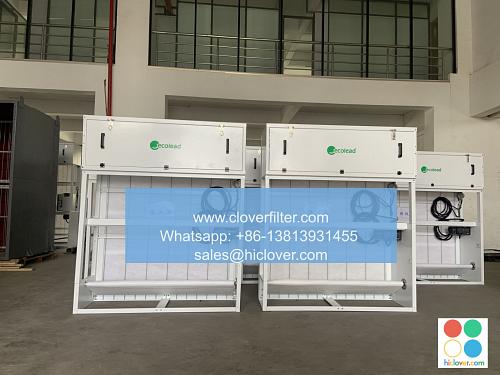Air Filter Systems for Oil and Gas Facilities

The oil and gas industry is a critical sector that demands high-performance air filter systems to ensure the smooth operation of facilities, protect equipment, and maintain a safe working environment. In this article, we will delve into the world of air filter systems for oil and gas facilities, highlighting various application areas, key technologies, and best practices for selecting and maintaining these systems.
Introduction to Air Filter Systems
Air filter systems are designed to remove contaminants and pollutants from the air, preventing damage to equipment, reducing downtime, and minimizing the risk of accidents. In oil and gas facilities, air filter systems play a crucial role in controlling airborne contaminants, such as dust, dirt, and hydrocarbons, which can compromise the efficiency and reliability of operations. HEPA filter systems, activated carbon filter systems, and gas phase filter systems are commonly used in these facilities to address specific filtration needs.
Application Areas for Air Filter Systems
Air filter systems are used in various application areas within oil and gas facilities, including:
* Compressor rooms: to protect compressors and other equipment from airborne contaminants and ensure reliable operation.
* Control rooms: to maintain a clean and safe environment for personnel and electronic equipment.
* Instrument rooms: to protect sensitive instruments and equipment from dust, dirt, and other contaminants.
* Transformer rooms: to prevent damage to transformers and other electrical equipment from airborne contaminants.
* Gas processing units: to remove impurities and contaminants from natural gas streams.
Key Technologies and Features
Modern air filter systems for oil and gas facilities often incorporate advanced technologies and features, such as:
* High-efficiency particulate air (HEPA) filters: capable of removing 99.97% of particles as small as 0.3 microns.
* Activated carbon filters: effective in removing gases, vapors, and odors from the air.
* Gas phase filtration: designed to remove specific gases and vapors from the air.
* Filter monitoring systems: allowing for real-time monitoring of filter performance and automated alerts for maintenance.
* Modular design: enabling easy installation, maintenance, and upgrades.
Best Practices for Selection and Maintenance
To ensure the optimal performance and longevity of air filter systems in oil and gas facilities, it is essential to follow best practices for selection and maintenance, including:
* Conducting thorough site surveys: to determine specific filtration needs and requirements.
* Selecting filters with the appropriate efficiency and capacity: to ensure effective contamination control.
* Scheduling regular maintenance: to replace filters, clean equipment, and inspect systems.
* Monitoring filter performance: to identify potential issues and optimize system performance.
Conclusion
Air filter systems are a critical component of oil and gas facilities, playing a vital role in maintaining a safe, efficient, and reliable operating environment. By understanding the various application areas, key technologies, and best practices for selection and maintenance, facility operators can ensure the optimal performance of their air filter systems and protect their equipment, personnel, and the environment. Whether you are looking for HEPA filter systems, activated carbon filter systems, or gas phase filter systems, there are numerous options available to meet the unique needs of your oil and gas facility. It looks like you forgot to include the prompt!
Please go ahead and provide the prompt, and I’ll be happy to assist you. What would you like to talk about or ask?

